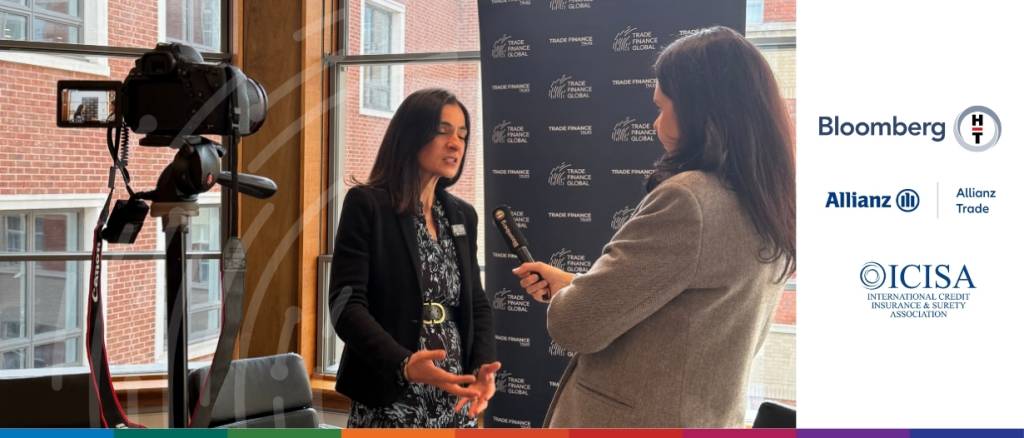The role of payments in business is undergoing a fundamental transformation. Once seen primarily as a cost centre, payments are now emerging as a critical revenue driver. Embedded payment solutions… read more →
The company will make an undisclosed investment in Bamboo as part of the deal. The partnership aims to improve foreign exchange pricing, settlement reliability and cash flow efficiency for global… read more →
The PSR, which oversees payment networks such as Faster Payments and Mastercard, will see its responsibilities consolidated into the Financial Conduct Authority (FCA), in order to make the regulatory landscape… read more →
At Women in Trade, Treasury & Payments 2025, Bloomberg HT spoke to Sarah Murrow, CEO of Allianz Trade UK & Ireland and Head of Women in Credit Insurance at ICISA,… read more →
Without a doubt, the regulatory landscape for the year ahead is set to be demanding, with key developments including Swift’s ISO 20022 compliance deadline in November, evolving AI regulation, and the European Union’s (EU) latest updates to payment frameworks through PSD3 and the Instant Payments Regulation. Amid tightening compliance pressures, financial crime also remains a growing concern, adding to the complexity for businesses navigating these shifts.
The collapse of traders like Hin Leong Trading Pte Ltd and Zenrock Commodities Trading Pte Ltd (“Zenrock”) left banks that made payments under letters of credit (LCs) out of pocket… read more →
Much effort is spent in the trade finance community finding ways to increase access to financing – perhaps one of the industry’s main missions. However, accessibility comes in many forms: a recent Asian Development Bank project focused on tackling disability inclusion, promoting accessibility in partner banks across Asia.
A newly released Visa report into cross-border payments consumer preferences shows a booming industry with a young, varied client base who prioritises security in their payment decisions. Despite a growing… read more →
The responses assume 2025’s key financial trends: digitalisation through generative AI (GenAI), cloud adoption, and API-driven ecosystems. These come with a strong emphasis on regulatory compliance and environment, social, and… read more →
The new platform consolidates the bank’s digital transaction banking, financial markets, and digital platform capabilities to facilitate FX payment services across more than 130 currencies in over 40 markets. The… read more →
























